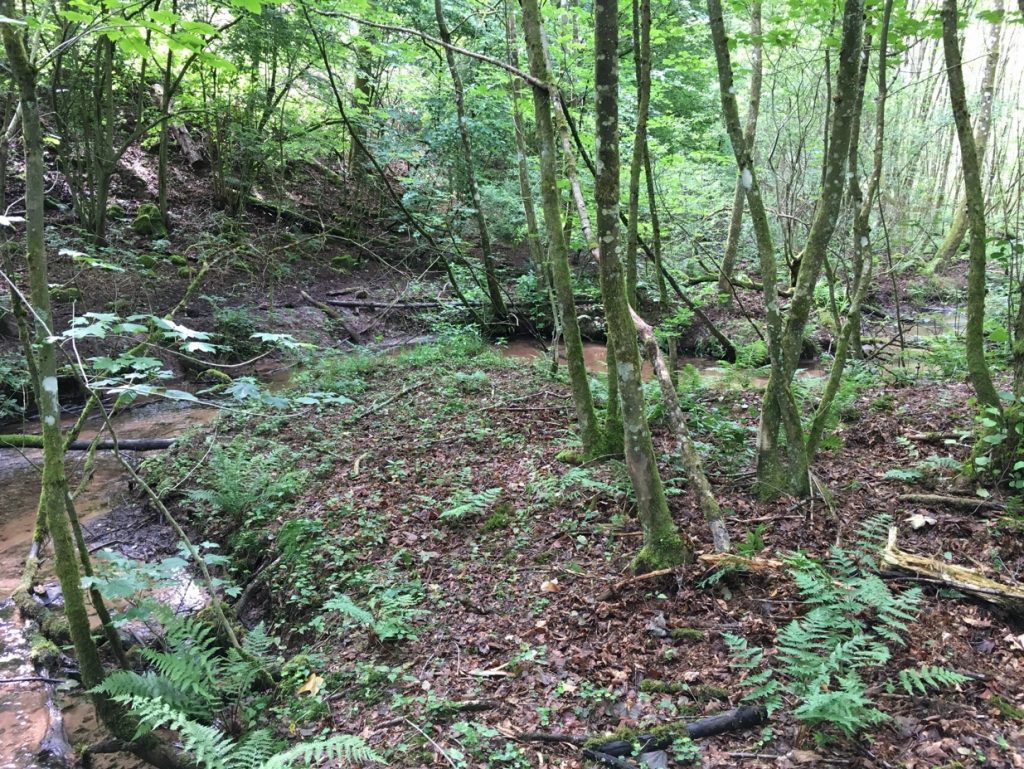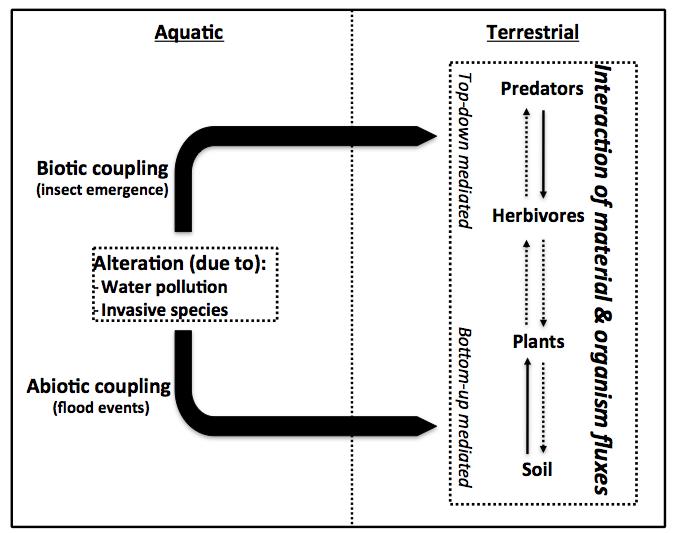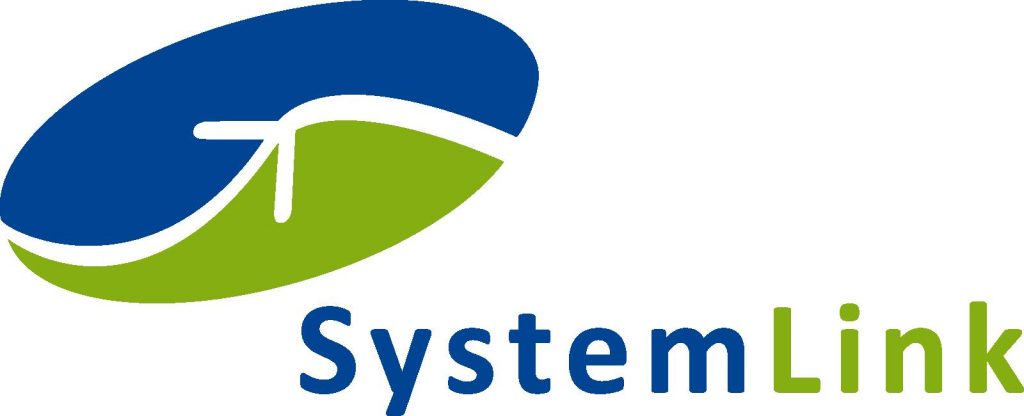The champagne glasses have not yet been cleaned and the headaches are slowly about to vanish as we realise that we managed to get funding for a new large project starting in October 2019 in Landau!
SystemLink will study how the effects of anthropogenic stress, such as agricultural pesticides, in aquatic ecosystems will translate to effects in the adjacent terrestrial ecosystems. Although it is well known, that aquatic ecosystems receive tremendous input from their terrestrial surroundings, the opposite transfer of subsidies from the aquatic into the terrestrial environment is comparably less well studied (see our recent review).

Yet, transport processes in this direction during flooding events or as part of insects emerging from surface waters, may also transport environmental chemicals. As a result, soil quality may change which leads to bottom-up effects via plants, and herbivores up to predators. Alternatively, shifts in quality or quantity of emerging insect prey may affect terrestrial predators, such as riparian spiders, which then triggers cascading top-down effects.

SystemLink is a research project setup as a graduate teaching program funded by the Deutsche Forschungsgemeinschaft (DFG). A total of up to 12 PhD students will be hired internationally to work on various aspects of the aquatic-terrestrial ecosystem linkage under stress. SystemLink has been initially approved for 4.5 years, but may be extended to a total duration of 9 years, thus offering three cohorts of PhD students excellent conditions for research career development. The scientists jointly supervising the students cover a wide range of disciplines present at the Institute for Environmental Sciences in Landau: Environmental chemistry, environmental physics, geoecology, molecular genetics, landscape ecology, functional ecology, ecosystem analysis, and ecotoxicology.

Logo of SystemLink
SystemLink will mainly rely on studies in newly established aquatic-terrestrial mesocosms, which will be amended by field and laboratory work. High-end trace chemical analysis, (component-specific) stable isotope analysis, and molecular diagnostic tools are just amongst some of the methods which will be used in the project. SystemLink, however, also strives to offer a wide network of contacts to international researchers regularly visiting Landau in order to conduct joint research, or to prepare research stays for students working in SystemLink at environmental science labs abroad. And the good news is: SystemLink will also provide ample opportunity for other PhD students in environmental sciences to benefit, for instance, from a targeted course program or the multitude of research infrastructure.
